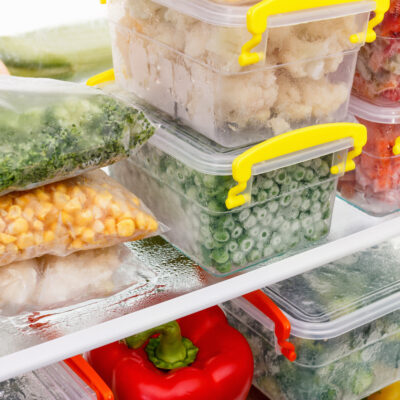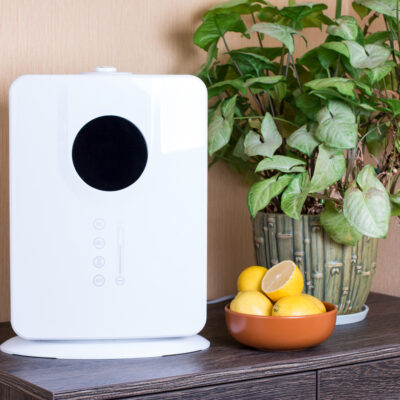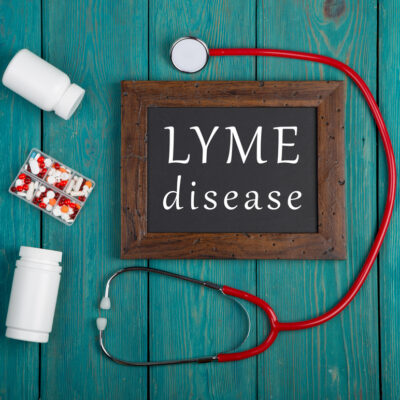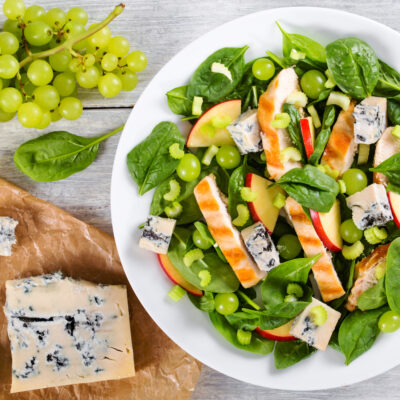
Healthy Living
Frozen Food Storage Safety
There is a right and a wrong way to safely store your frozen foods. Not all groceries you put in the freezer (fruits, vegetables, and meats) should be treated the same. If done correctly frozen food storage can save you time and money as well as reduce food waste. Once you’ve learned the best techniques for frozen food safety you’ll be able to make the most of their expiry dates. You’ll also master how to defrost and thaw out your inventory for your future meals and avoid food borne illness: 1. What can you freeze? No. Foods that come in cans you should not freeze unless you remove them from the can and place them into plastic storage bags, aluminum foil or Tupperware and seal them tightly. Make sure to write what’s in the storage containers as well as expiry dates to avoid food borne illness. 2. Safe temperatures for freezing In order to ensure frozen food safety store your food at 0°F. This is the optimal temperature that will extend the life of your food. 3. Microorganisms, bacteria, and parasites As long as you freeze your food at 0°F when it’s at its ripest or peak time in the quality you’ll be okay.
Read More 















